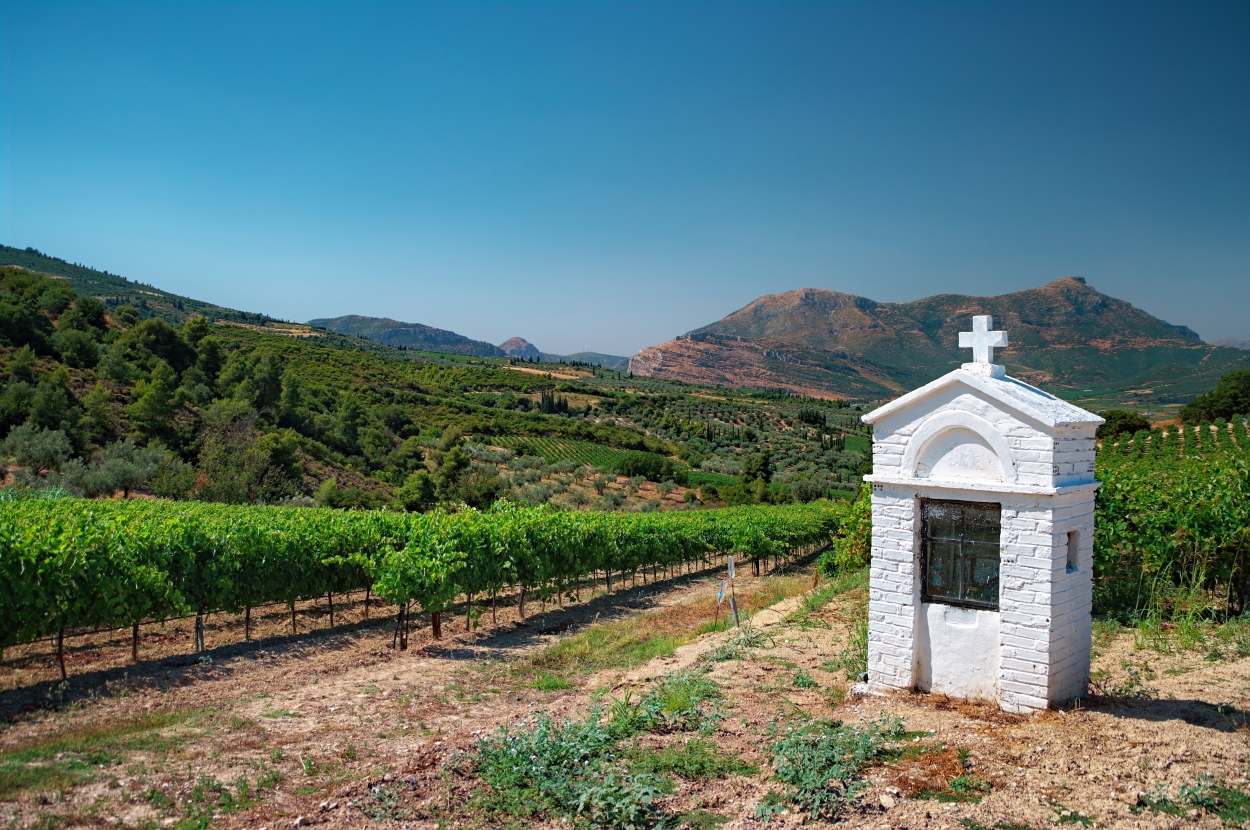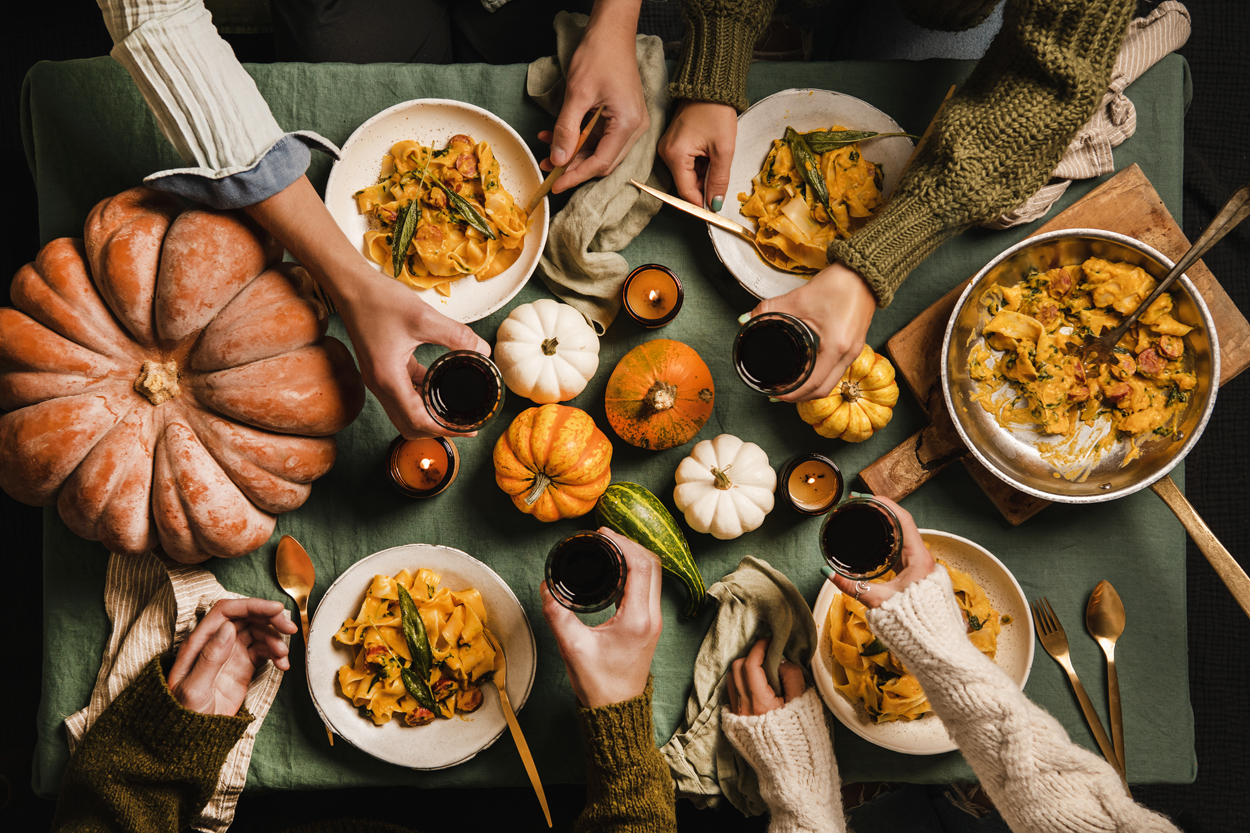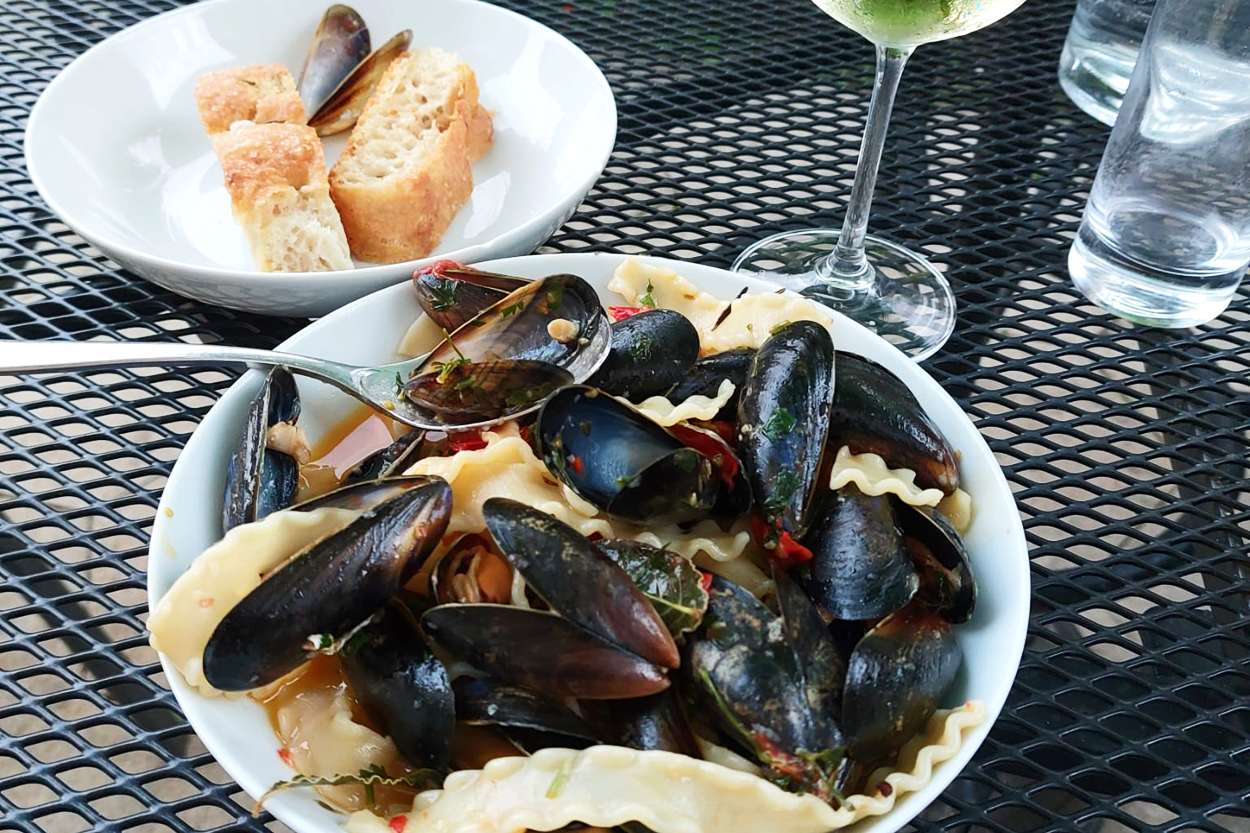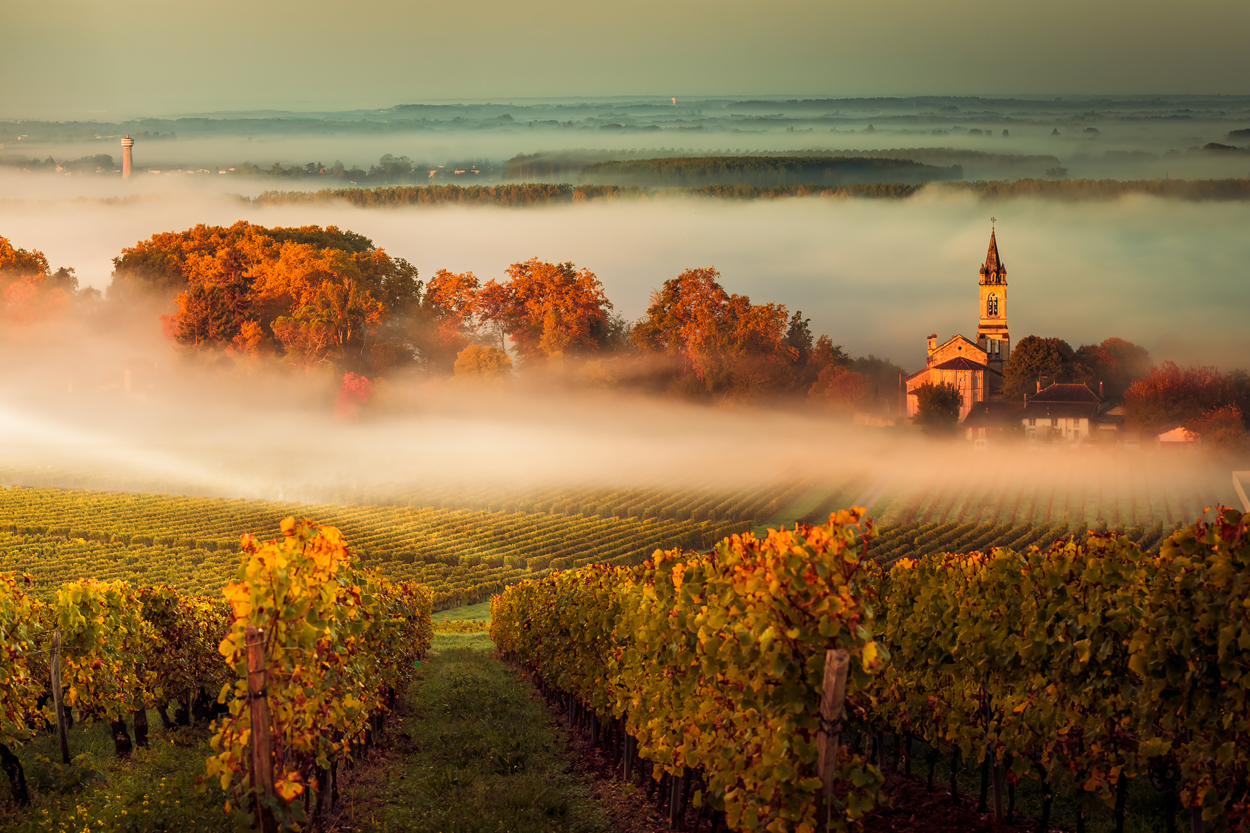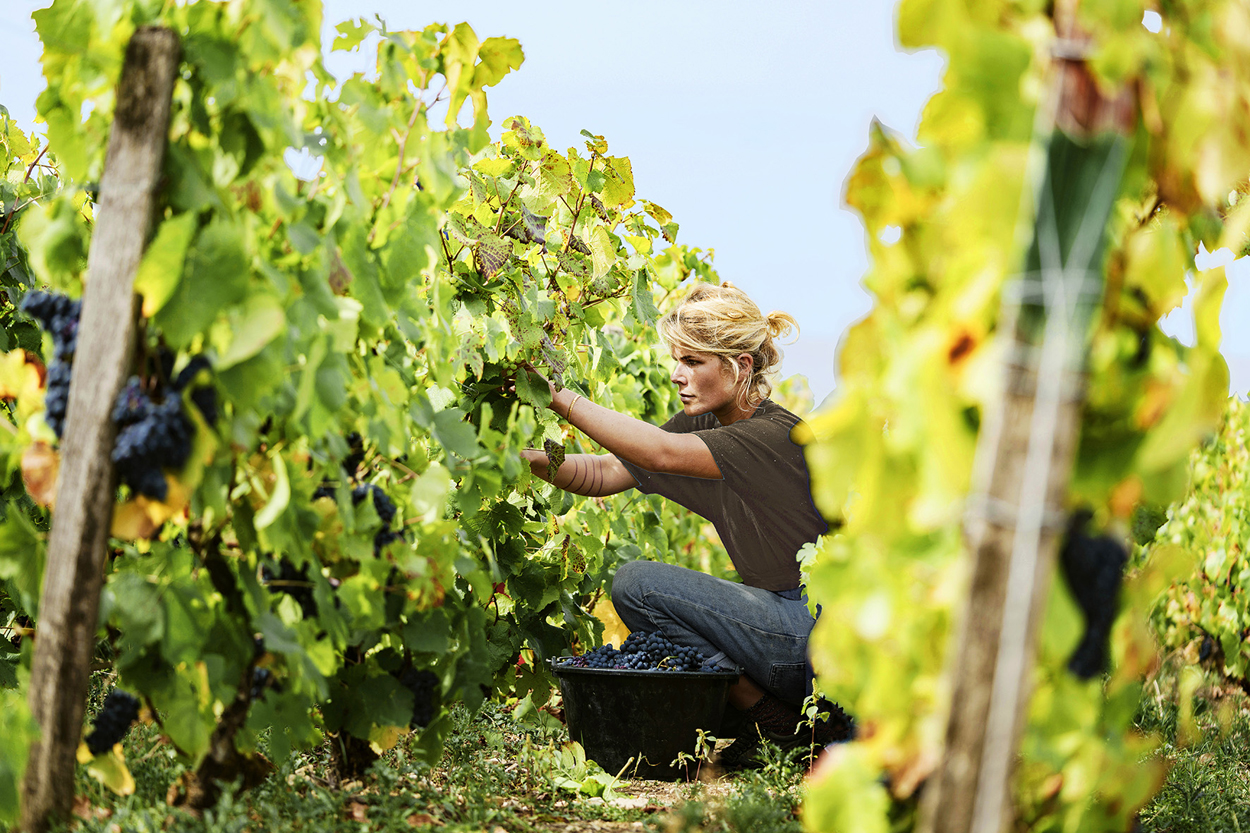The Bon Coeur buying team are always on the lookout for exciting new wines from up-and-coming regions. Central and Eastern Europe is proving to be a fascinating area of vinous delights; from hidden gems such as the multi-faceted Grüner Veltliner from Austria, zesty Assyrtiko from Greece, as well as complex Lebanese reds from Caladoc and international varieties. Let us guide you through a new wave of top-quality wine producing countries that need to be on your radar!
Austria
Austria is considered by many to be one of the best-kept wine secrets in Europe. It has a plethora of native grapes and quality-focused, small family producers making consistent, quality wines which express the terroir from which they have been grown. It is a treasure trove for those wanting to expand their wine horizons with delicious, food-friendly wines. Grüner Veltliner is the country’s most highly regarded and well-known grape, making crisp, refreshing white wines with notes of ripe apple and a characteristic twist of white pepper spice.
Check out our new, sustainable producer Markus Huber who is producing distinctive, terrific quality, organic wines, grown on fantastic lime and conglomerate soils in the Traisental Valley, full of character, clear in style and site-related minerality.


Hungary
Hungary is most definitely not considered a ‘new’ wine producing country, it has a wine making history dating back to the 5th century AD. Today, however, the dry wines made from Furmint have become an essential part of the production. The wines can be outstanding and Furmint has very high acidity, a reason why the Tokaj Aszú (the sweet wine made from botrytized grapes) is never cloying despite being extremely sweet. This acidity also gives the dry wines a superb and refreshing vitality. They are often vinified and aged in stainless steel, but some are also barrel-aged. To explore further, try the exciting dry white wines by Château Dereszla.
Romania
Romania has developed a reputation for great value, and delicious wines from international grape varieties as well as native grapes such as Fetească Regală (meaning ‘Royal Maiden’) because of the grape’s delicacy and elegance, and Fetească Neagră (meaning ‘black maiden’) which produces wines with notes of plum, blackberries, vanilla, cinnamon, and pepper that are well-balanced and has potential for ageing.
The Recaș DOC is a region in western Romania, bordering Serbia, which has been making wine since 1447. Our new producer, Cramele Recaș, was founded in 1988 and has been integral to bringing Romanian wines to the international market. The climate in Recaș offers a balance of sunlight and cooling air, which encourages flavour development in the grape, acidity, and structure of the wine. While the clay, sand, limestone, and iron-rich soils are responsible for some of the complexity and quality that you can find in the wines, they all offer excellent value for money.


Greece
Greece is an ancient wine producing country, however, until relatively recently it was difficult to find decent Greek wine on the UK market. You could always drink wonderful wines whilst you were there on holiday, you just couldn’t find them anywhere when you returned. Greek wines are having a huge revival right now and are being increasingly respected for their vitality and the potential to develop further complexity as they age.
Our new producer, Lyrarakis, have been producing quality wines in Crete since 1966, from native grapes including white grapes such as Assyrtiko and Vidiano, as well as the red grape, Kotsifali. Although Crete has a warm climate, most of the vineyards are planted above 500m altitude, which helps to cool the vines and preserve acidity and fresh fruit aromas and flavours.
Lebanon
The last stop on our voyage of discovery is Lebanon. Lebanon has achieved international fame primarily through the red wines of the famous Château Musar. However, new energy, a return to indigenous grape varieties, and experimental techniques make it a great time to revisit Lebanese wines, particular the wines from new producer, Ixsir.
Hubert de Boüard from the iconic Bordeaux estate, Château Angélus, is consultant for Ixsir where grapes are selected from the best terroirs throughout the country, with a desire to sponsor sustainable development within growers’ communities. The winery is situated beneath an historic manor house in Basbina and it’s a breathtaking blend of sleek modern lines with ancient heritage has seen it win awards for its green status. The Altitudes range of wines are named after the exceptional 1000-metre-plus terroirs of the Bekaa Valley, and they are pure and unoaked, whereas the Grande Reserve wines are powerful, rich, and barrel-aged.
We all have a certain affinity to our favourite countries and regions, however, it’s a big wine world out there with so much to discover. Take your wine journey in a new direction and get off the beaten track with these emerging countries and exciting wines… we’re certain you won’t be disappointed!

